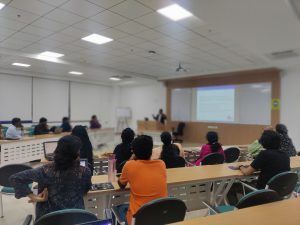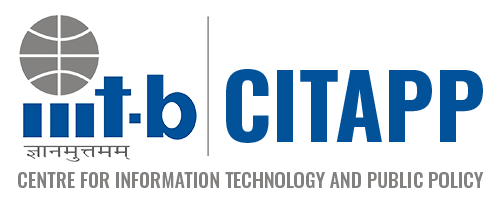
Date: 22/02/2023
About the Talk:
India has substantial strengths when it comes to the delivery of services such as healthcare. We have low human resource costs, and we manufacture all the essential medicines at a fraction of global costs. Recent research by Mor and Shukla (forthcoming in Lancet South East Asia) shows that as a direct consequence of these advantages, we only need Rs.2,000 per capita (US$ 25 at Rs.80/US$), at 2018 prices, to offer free healthcare to all our citizens at primary, secondary, and tertiary care levels. There are at least ten states, including Kerala, Himachal Pradesh, Goa, and Delhi, whose governments already spend considerably more than this amount. Yet none of these states come close to offering this to their residents. On the contrary, states like Kerala have one of the highest proportions of out-of-pocket expenditures on health in India, and their prevalence levels of chronic diseases such as diabetes are starting to reach epidemic proportions.
At the session, Nachiket Mor will present key findings from his forthcoming paper and discuss the possibility that one of the main reasons for this state of affairs is that no state has built up even a rudimentary health technology platform which can support such a goal.
Speaker Bio:
Nachiket Mor is trained as an economist. His current work is principally focused on the design of national and regional health systems. He is a Visiting Scientist at The Banyan Academy of Leadership in Mental Health and a Senior Research Fellow at the Centre for Information Technology and Public Policy at IIIT Bangalore. He is also a Commissioner on the Lancet Commission on Reimagining India’s Health System.
Dr. Mor’s talk was followed by a discussion and Q&A
CITAPP’s Monthly Seminar Series is an attempt to create a forum where researchers across IIITB domains can meet and discuss cutting edge research on the chosen theme of the semester. The Series hopes to explore a technology or topic for its ramifications in different realms of social activity. In particular, we are interested in understanding the specific kinds of complexity that these domains present for technological innovation and design.

